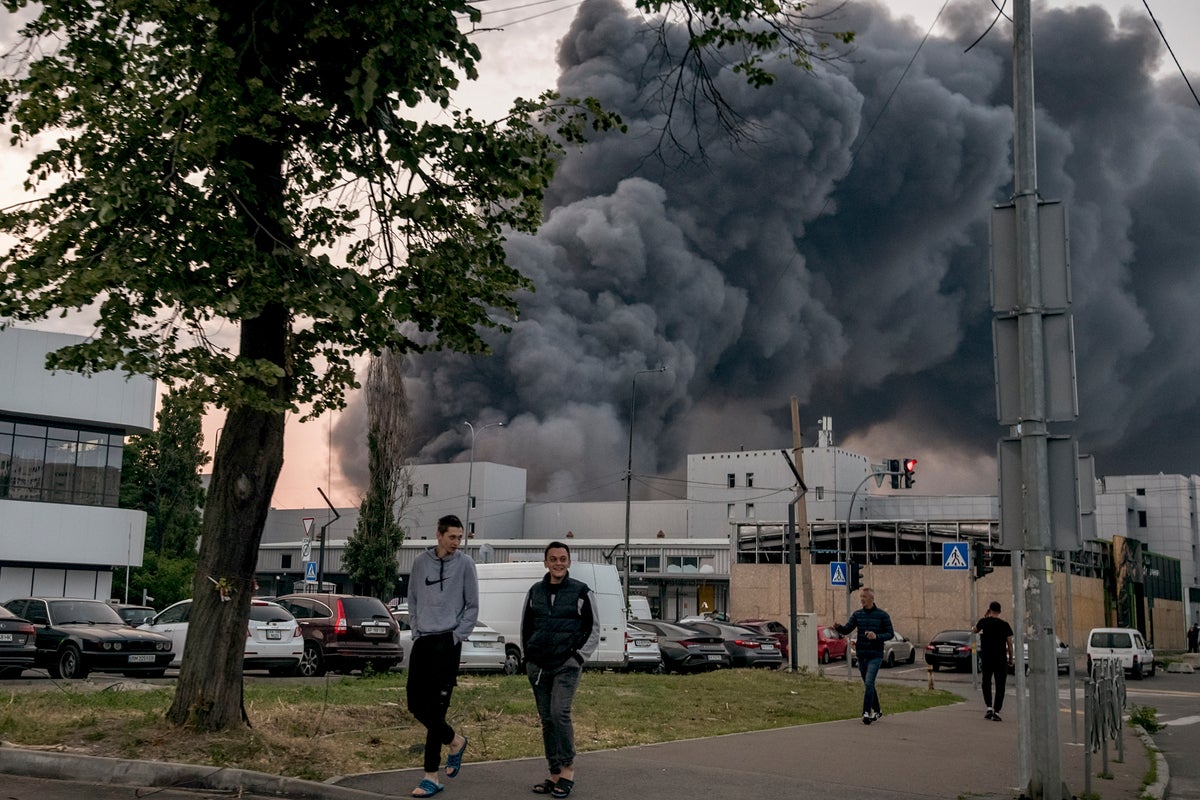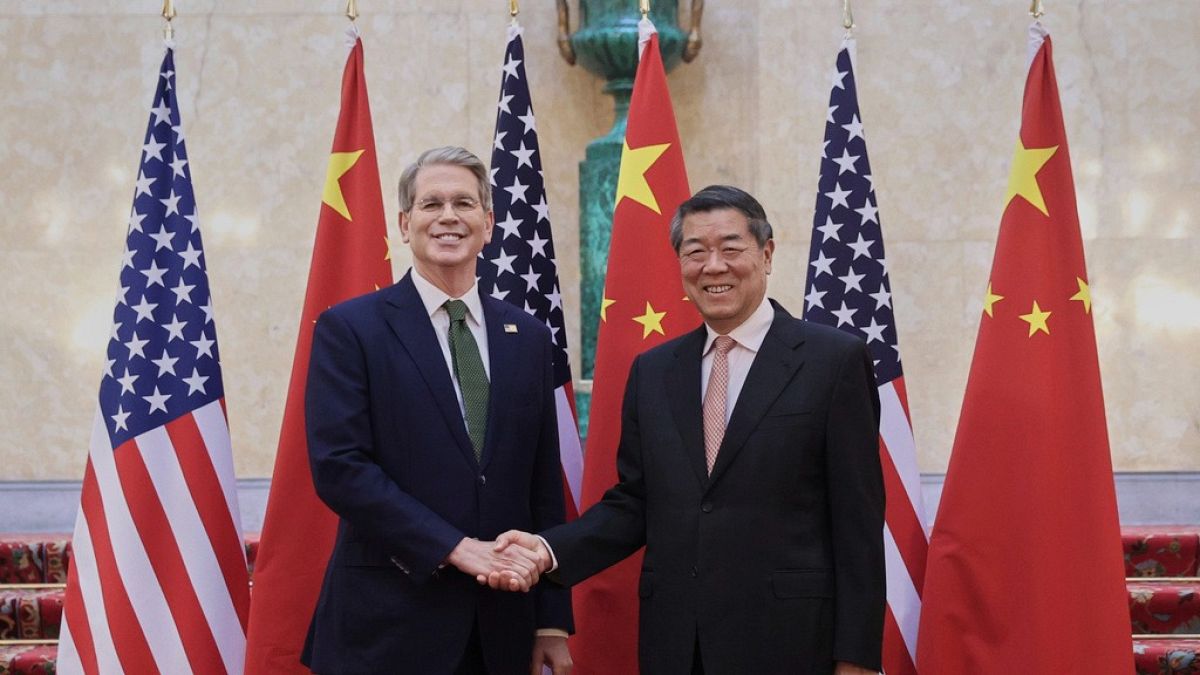The global fertility slump isn’t down to young people turning their backs on parenthood – it’s due to social and economic pressures stopping them from having the children they want, says a new UN report.
The UN Population Fund (UNFPA) unveiled its flagship State of World Population report on Tuesday, warning that a rising number of people are being denied the freedom to start families due to skyrocketing living costs, persistent gender inequality, and deepening uncertainty about the future.
Titled The real fertility crisis: The pursuit of reproductive agency in a changing world, the report argues that what’s really under threat is people’s ability to choose freely when – and whether – to have children.
The report draws on a recent UNFPA/YouGov survey covering 14 countries that together represent 37 per cent of the global population.
Money worries
Economic barriers were the top factor, with 39 per cent of respondents citing financial limitations as the main reason for having fewer children than they would like.
Fear for the future – from climate change to war – and job insecurity followed, cited by 19 per cent and 21 per cent of respondents, respectively.
Thirteen per cent of women and eight per cent of men pointed to the unequal division of domestic labour as a factor in having fewer children than desired.
The survey also revealed that one in three adults have experienced an unintended pregnancy, one in four felt unable to have a child at their preferred time and one in five reported being pressured to have children they did not want.
Solutions to the fertility crisis
The report warns against simplistic and coercive responses to falling birth rates, such as baby bonuses or fertility targets, which are often ineffective and risk violating human rights.
Instead, UNFPA urges governments to expand choices by removing barriers to parenthood identified by their populations.
Recommended actions include making parenthood more affordable through investments in housing, decent work, paid parental leave and access to comprehensive reproductive health services.
Immigration factor
The agency also encourages governments to view immigration as a key strategy to address labour shortages and maintain economic productivity amid declining fertility.
Regarding gender inequality, the report calls for addressing stigma against involved fathers, workplace norms that push mothers out of the workforce, restrictions on reproductive rights, and widening gender gaps in attitudes among younger generations that are contributing to rising singlehood.
Where next?
Latest news
Read the latest news stories:
- Social and economic barriers, not choice, driving global fertility crisis: UNFPA Tuesday, June 10, 2025
- What Can We See About Climate Change in Macroeconomic Data? Tuesday, June 10, 2025
- UNOC3: World Leaders Recognize Urgent Need for Ocean Action Monday, June 09, 2025
- ‘The Regime Seeks to Consolidate Absolute Control by Eliminating All External Oversight’ Monday, June 09, 2025
- How to Spur Economic Growth in Africa’s Fragile and Conflict-Affected States Monday, June 09, 2025
- UN vs US: the Battle for Transgender Rights Monday, June 09, 2025
- Gaza: Search for food puts lives on the line Monday, June 09, 2025
- Lack of cooperation from Iran hampers nuclear checks, says atomic energy watchdog Monday, June 09, 2025
- No green without blue: Young ocean explorers set sail for a sustainable future Monday, June 09, 2025
- Central Africa at a crossroads amid rising tensions and instability Monday, June 09, 2025
Link to this page from your site/blog
Add the following HTML code to your page:
<p><a href="https://www.globalissues.org/news/2025/06/10/40089">Social and economic barriers, not choice, driving global fertility crisis: UNFPA</a>, <cite>Inter Press Service</cite>, Tuesday, June 10, 2025 (posted by Global Issues)</p>… to produce this:
Social and economic barriers, not choice, driving global fertility crisis: UNFPA, Inter Press Service, Tuesday, June 10, 2025 (posted by Global Issues)

 20 hours ago
4
20 hours ago
4









